Signal’s Security Tips for Beginners: A Comprehensive Guide
Overview
This article is your go-to guide for staying safe while using Signal, one of the best apps for private messaging. We'll cover easy security tips for beginners, look at other top apps like Signal, and explore the best tools to keep your online life private in 2023. You'll also learn about VPNs—what they are and how to set up IVPN on your Android phone for extra privacy. Whether you're new to online security or just want to make sure you're doing things right, this guide has you covered.

Why Security Matters in Messaging
In today's world, our messages can contain sensitive information—like personal conversations, work details, or even financial data. If someone else gets access to your messages, it could lead to identity theft, fraud, or just plain embarrassment. That's why using a secure messaging app is crucial. Apps like Signal use something called "end-to-end encryption," which means your messages are scrambled so only you and the person you're talking to can read them. Even if someone intercepts your messages, they won't be able to make sense of them. According to a study by Harvard University, over 70% of people have experienced some form of online privacy breach, highlighting the importance of secure communication.
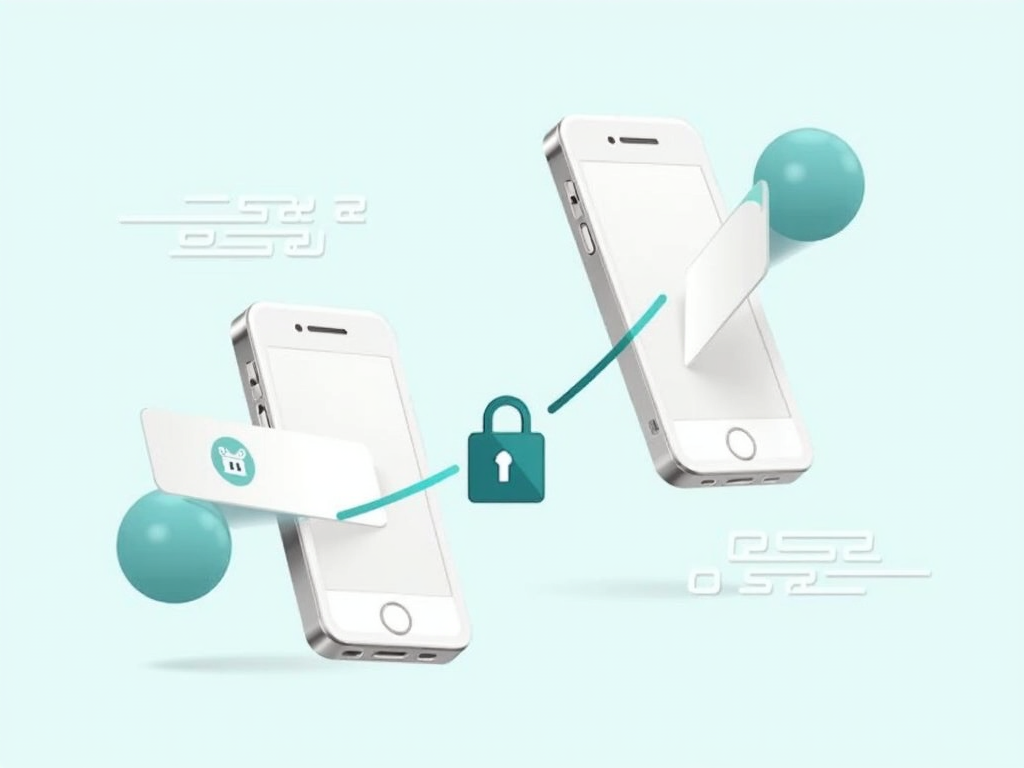
Introducing Signal: Your Private Messaging App
Signal is a free app that you can download on your phone or computer. It's designed to be super secure, with features that keep your conversations private. One of the best things about Signal is that it's easy to use, even if you're not a tech expert. When you send a message on Signal, it's encrypted, which means it's turned into a secret code that only the recipient can decode. This happens automatically, so you don't have to do anything extra. Signal has been praised by privacy experts, including Edward Snowden, for its commitment to security.
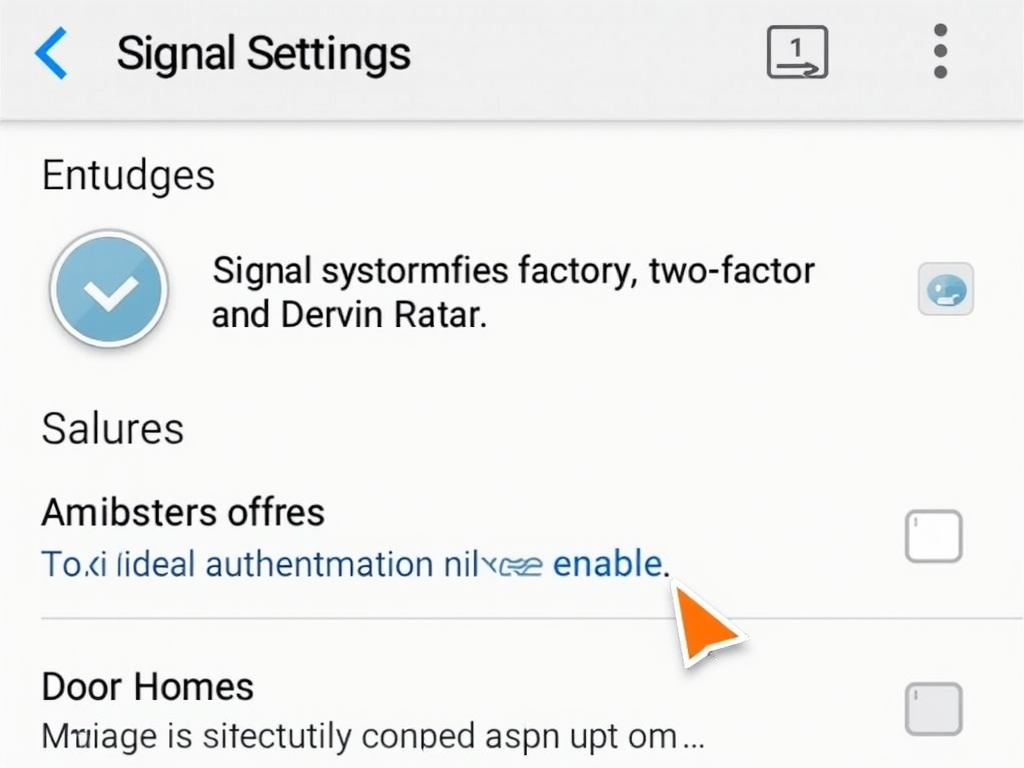
Security Tips for Beginners
If you're new to Signal, here are some simple tips to help you stay secure:
-
Set Up a Strong Password: When you create your Signal account, make sure to use a strong password. A strong password is at least 12 characters long and includes a mix of letters, numbers, and symbols. Avoid using obvious things like your birthday or your pet's name.
-
Enable Two-Factor Authentication: This adds an extra layer of security to your account. Even if someone gets your password, they won't be able to log in without a second code, which is usually sent to your phone.
-
Be Careful with Links: Just like with email, be cautious about clicking on links in messages, even if they're from people you know. Links can sometimes lead to fake websites that try to steal your information.
-
Keep Your App Updated: Signal regularly releases updates that fix security issues and add new features. Make sure to keep your app up to date to stay protected.
-
Use Disappearing Messages: For extra privacy, you can set your messages to disappear after a certain amount of time. This way, even if someone gets access to your phone, they won't be able to see your old messages.
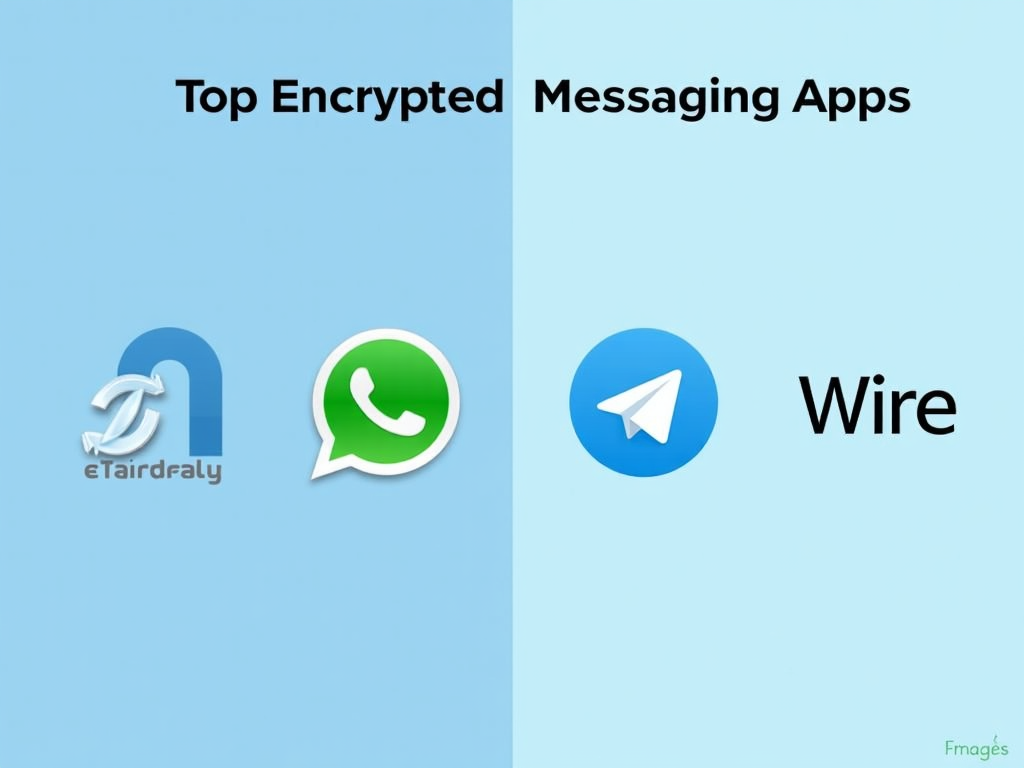
Other Top Encrypted Messaging Apps
While Signal is great, it's not the only option out there. Here are some other top encrypted messaging apps you might want to check out:
-
WhatsApp: Owned by Facebook, WhatsApp also uses end-to-end encryption. It's widely used and has a lot of features, but some people are concerned about Facebook's privacy practices.
-
Telegram: Telegram is known for its speed and has some unique features like channels and bots. However, its encryption isn't on by default, so you have to enable it for each chat.
-
Wire: Wire is another secure messaging app that offers end-to-end encryption. It's designed for both personal and business use and has a sleek interface.
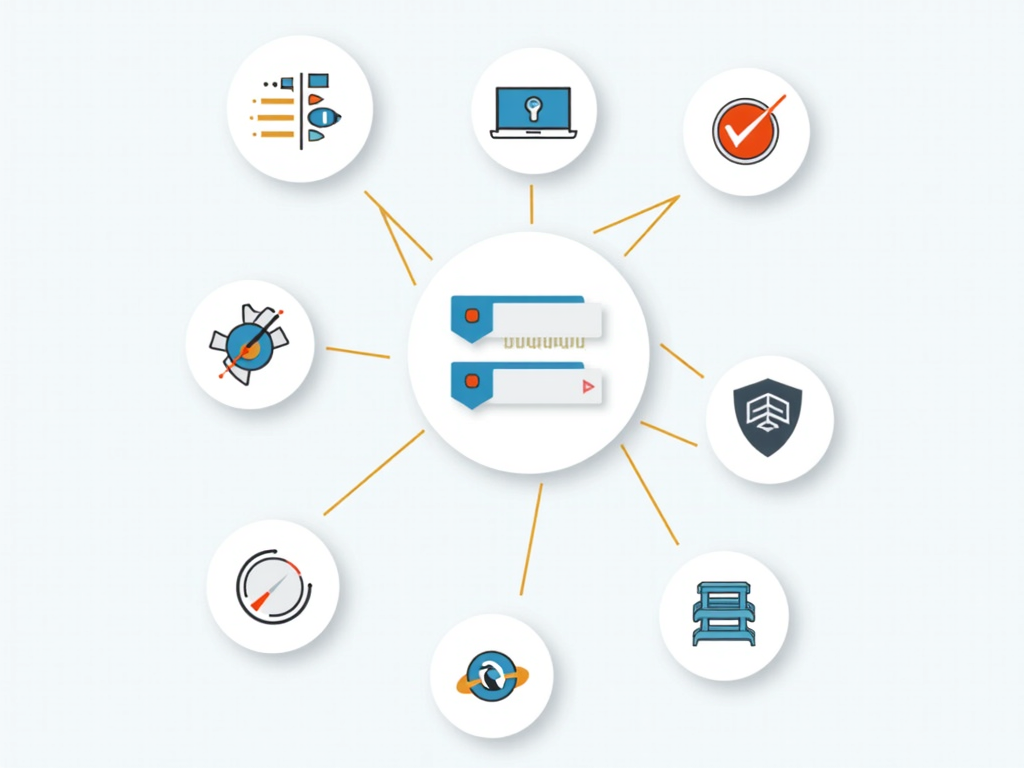
The Best Online Privacy Tools for 2023
Keeping your online life private goes beyond just messaging. Here are some of the best tools to help you stay secure in 2023:
-
Password Managers: Tools like LastPass or 1Password help you create and store strong passwords for all your accounts.
-
Ad Blockers: Ad blockers like uBlock Origin can prevent trackers from following you around the web.
-
Secure Browsers: Browsers like Brave or Tor are designed with privacy in mind, blocking trackers and keeping your browsing history private.
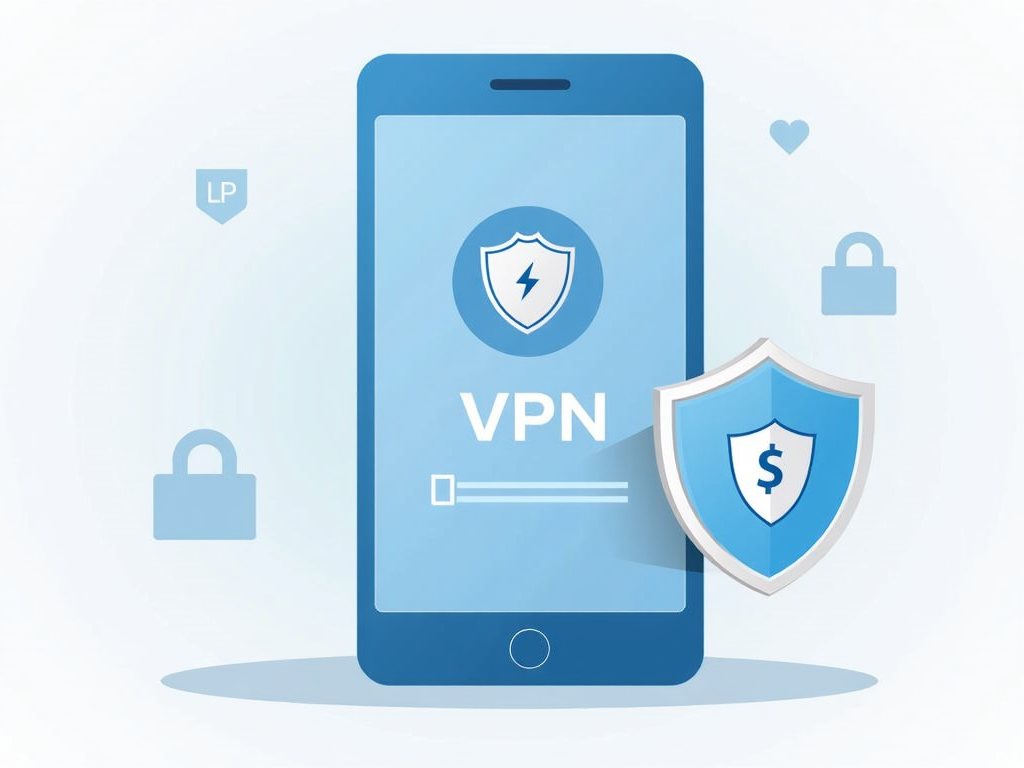
Understanding VPNs: A Beginner's Guide
A VPN, or Virtual Private Network, is a tool that helps keep your internet activity private. When you use a VPN, your internet traffic is routed through a secure server, making it harder for anyone to see what you're doing online. This is especially useful if you're using public Wi-Fi, like at a coffee shop, where hackers might try to snoop on your activity. The Federal Trade Commission recommends using a VPN to protect your privacy on public networks.
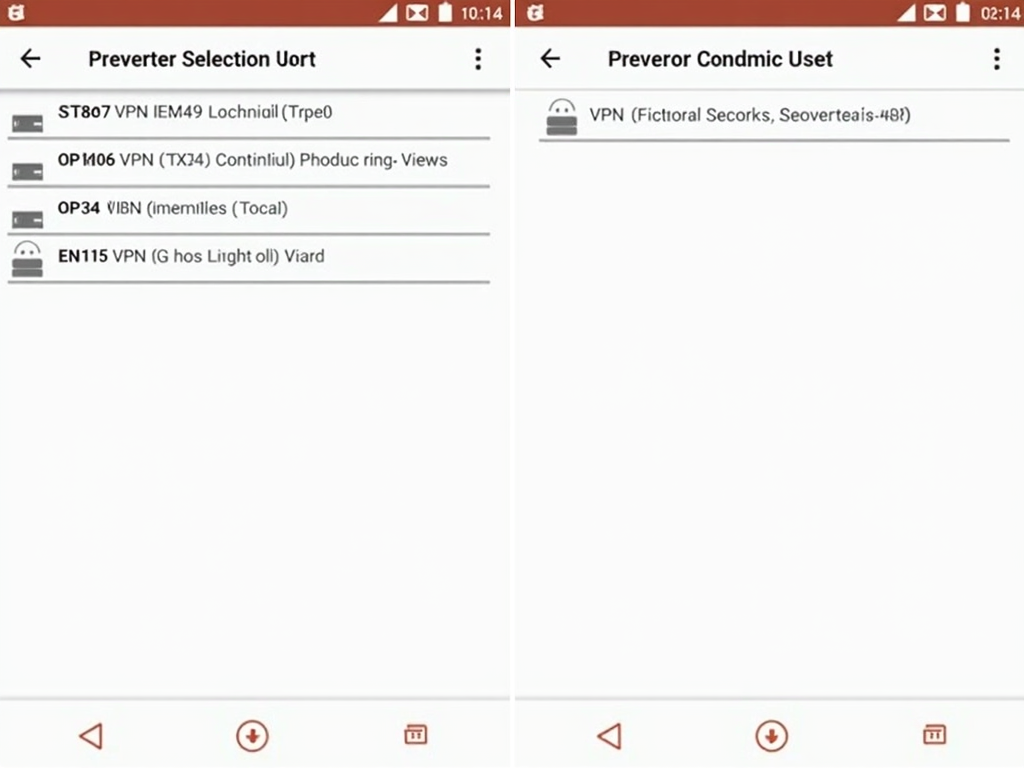
How to Configure IVPN on Android for Maximum Privacy
IVPN is a popular VPN service known for its strong privacy features. Here's how to set it up on your Android phone:
-
Download the IVPN App: Go to the Google Play Store and search for IVPN. Download and install the app.
-
Create an Account: If you don't already have an IVPN account, you'll need to create one. You can do this on their website or through the app.
-
Log In: Open the IVPN app and log in with your account details.
-
Choose a Server: IVPN has servers in many countries. Choose one that's close to you for the best speed.
-
Connect: Tap the connect button to start the VPN. Once connected, your internet traffic will be encrypted and routed through the VPN server.
-
Check Your Settings: For maximum privacy, make sure to enable the "Kill Switch" feature. This will cut off your internet if the VPN connection drops, preventing any data leaks.
Summary
Staying safe online doesn't have to be complicated. By using secure messaging apps like Signal, keeping your apps updated, and using tools like VPNs, you can protect your privacy with just a few simple steps. Remember, the key is to be mindful of what you share and to use the right tools to keep your information private.